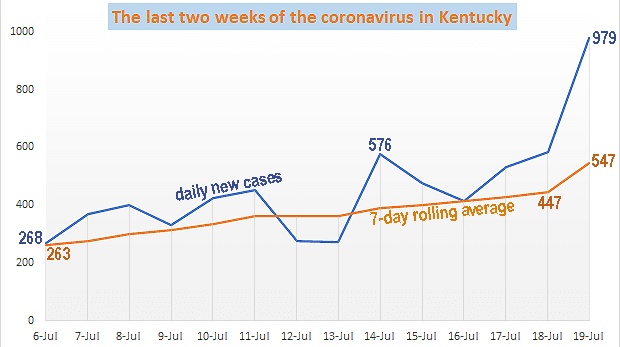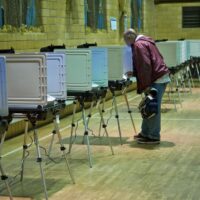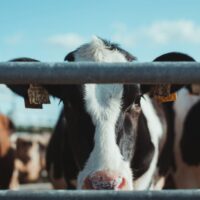
Gov. Andy Beshear reported nearly 1,000 new cases of the coronavirus in Kentucky on Sunday, “by far” the largest single-day total yet, and said he would take unspecified action as a result.
“This ought to be a wake-up call to everybody,” Beshear said in a Facebook video. “Whether it’s folks out at a baseball field that are all sitting on the bleachers together not wearing masks, or whether it’s to those that don’t think that this thing is truly spreading and can harm people. This is a rough day for the commonwealth.”
Today’s 979 new cases pushed the state’s seven-day rolling average to 547 cases, up from 447 yesterday; it has more than doubled in the last two weeks. Beshear said 30 of Sunday’s new cases were in children under age 5.
The numbers were “particularly alarming” because reporting of cases is limited on Sunday, Dr. Steven Stack, commissioner of the state Department for Public Health , said in a news release from Beshear’s office.
“In the interest of accuracy, we are going to reach out and confirm results with some of the major labs,” Stack said. “Even so, this surge in positive cases is a shocking wake-up call. Kentucky has flattened the curve before, and it must act immediately and decisively to flatten it again. Please, wear your mask and socially distance.”
Beshear warned that Kentuckians could face dire days ahead without a renewed commitment from everyone to rein in the spread of the virus, and suggested that he would take further action.
“Come on folks, we have got to defeat this virus. We are at war. We are in the trenches,” Beshear said in the video. “Listen, I have faith and I have trust in the people of Kentucky. But today is the day that says we’ve got to do a whole lot better. … We’re going to have to take some more action.”
Recommendations to thwart the virus remain the same: increased hand hygiene, social distancing, testing and most importantly, wearing a mask when in public or in groups that don’t include those who live in the same household.
On Friday, the Supreme Court of Kentucky issued a unanimous order blocking several legal challenges to Beshear’s emergency orders, most notably his mask mandate, which took effect Friday, July 10.
“Given the large increases in cases today, the Supreme Court order is even more critical in giving the governor the authority he needs to protect Kentuckians,” the release from his office said.
Three more Kentuckians died from the virus, bringing the state’s death toll to 670. Beshear noted that the fatalities were younger than average: a 58-year-old man from Oldham County, a 67-year-old woman from Clark County and a 74-year-old woman from Jefferson County.
Jefferson County reported 21 percent of today’s new cases, 208. And after reporting the most new cases yesterday, Oldham County again had a high count, 96. Others in double figures were Warren, 74; Kenton, 72; Fayette, 49; Boone, 26; Christian, 22; Carroll, 20; Hardin, 19; Campbell, 18; McCracken, 17; Scott and Shelby, 15 each; Harlan, Knox and Pike, 13 each; Pulaski and Simpson, 12 each; Barren, Carter and Jessamine, 11 each; and Ohio, 10.
Today’s daily report did not include any hospital data. However, on Saturday, hospitalization numbers were up, with 514 people hospitalized with the virus and 109 in intensive care.
Beshear announced he would have a 4 p.m. press conference every day in the coming week. He had cut back his to once a week, but when cases surged last week, he had three briefings.






